Social Impact Filmmaking
Inviting students from all disciplines to harness the
power of storytelling through
media to create social change.
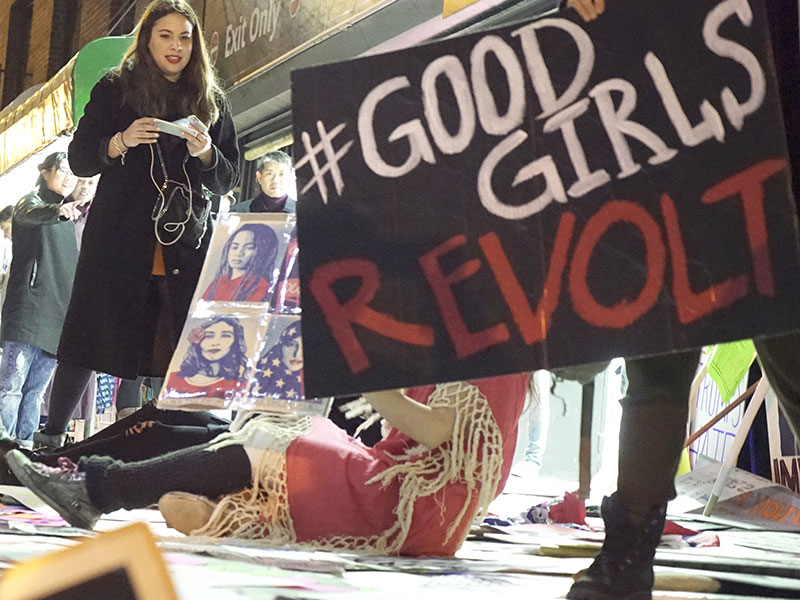 Join our eight-month immersion into the language of activism, the practice of digital
filmmaking, and the hands-on development of a project designed to effect social change!
Join our eight-month immersion into the language of activism, the practice of digital
filmmaking, and the hands-on development of a project designed to effect social change!
Social Impact Filmmaking is not currently accepting applications. We are in the process of revising the program and will update this page accordingly.
If you would like additional information, please email us at socialimpactfilmmaking@stonybrook.edu.
ABOUT US
The power of storytelling through sound and images has taken hold as the most effective
method of mass communication on the globe.
Remarkably high-quality cameras are now installed on the phones we can’t let out of
our sight.
At the moment, you can point your camera at a global pandemic, massive protests around
the world, the effects of a severely wounded American economy, evidence of escalating
political/cultural divisions or discriminatory practices, right in our own backyards.
Occupy Wall Street, the Arab Spring, #Me Too Movement and Black Lives Matter, among others, are ideas that became transformative global
movements primarily because of activist media, which in itself, with some help from
social media and technology, has become a new movement in the history of filmmaking.
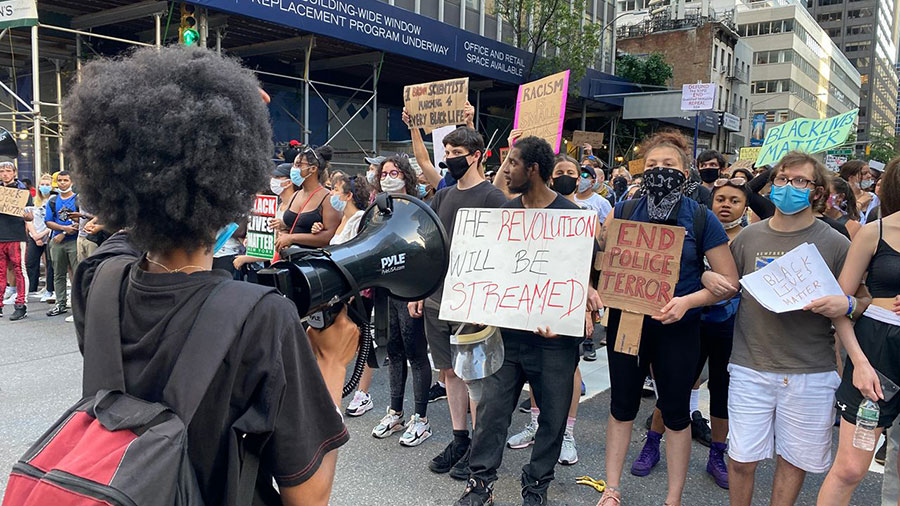 Major global events have inspired new film movements since the invention of film,
but it’s a brand new model to see film movements form to inspire the birth of global
protests.
Major global events have inspired new film movements since the invention of film,
but it’s a brand new model to see film movements form to inspire the birth of global
protests.
Against this backdrop, Social Impact Filmmaking, an 8 month, 3 hours once-a-week program,
will prepare students to participate in this historic battle to transform perspective,
initiate change, and inspire people to act.
LOCATION
Social Impact Filmmaking is a Manhattan-based program, held at the Stony Brook Manhattan
Center for Creative Writing and Film, with opportunities to engage fully online, via
ZOOM.
CONTACT US
For more information about the program or if you have any questions, please email
us at socialimpactfilmmaking@stonybrook.edu.
- Why Participate?
Participants may choose to plug into these massive events or to simply attempt change
inside of their own imperfect universes. You might want to address an injustice in
your profession, or local government, or a destructive trend in your neighborhood.
You might want to organize all the people who are passionate about challenging an
unfair subway fare increase, or create a personal video about the impact of bullying,
or document examples of gender inequality at your workplace. The list is endless.
- What You'll Learn
In an intensive, weekly format, you and fellow participants will learn the methods
of filmmaking and how to apply them to the practice of real world activism. Through
targeted assignments, relevant guest speakers, collaboration, review, and doing, you'll
be empowered to conceive and create your own activist project to launch into the world.
- First Semester
The Language of Activism
Participants spend the first semester deconstructing best examples of activist media
initiatives to understand how and why they worked. Guest creators will be brought
in for interviews to help us understand the rules of the road pertaining to effective
media creation for a particular cause. Topics include Storytelling as a Powerful Tool
for Social Change, Citizen Journalism, Understanding Your Cause and the Solution,
Different Genres such as Documentary, Narrative, Humor, Satire, Witness, Evidence,
Outreach.
The Language of Film
You'll learn how to tell a compelling story through precise writing, producing, shooting,
interviewing, sound recording, lighting and editing your work to say precisely what
you mean. Increasingly complex exercises will be assigned to develop particular skills
required for students to successfully create the work they want to do. Topics include:
Producing/Pre-Production, Mise En Scene, Composition, Continuity of Action, the 180-degree
Rule, How Shots become Scenes, How Scenes become Films, How to Conduct Effective Interviews,
Phone Accessories for Obtaining Good Sound and Image, The Power of Sound Design, Best
Methods for Narration, Fundamentals of Editing.
- Second Semester
The Practice of Social Impact Filmmaking
You and your fellow activists will develop projects that attempt to influence actual
change in the world through activities such as Planning, Creating and Distributing
an Activist Video, Connecting to Other Organizations and Individuals, Understanding
Methods of Distribution, Exploring the Assets and Pitfalls of every Social Media Platform,
Collaborating with Communities, Involving the Press, Organizing Actions, Raising Money,
Understanding Safety, Security and Ethics. Students participate in regular critiques
of their work-in-progress and receive guidance and mentorship from industry professionals
in frequent lectures.
- Your Guides
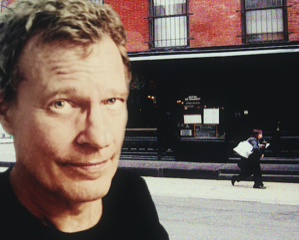 Jonathan Brandeis
Jonathan Brandeis
A seasoned filmmaker in multiple genres across all platforms, Jonathan Brandeis has
demonstrated a passion for the creation of politically centric media for both chronicling
and motivating change across decades. His start in documentary film was as an independent
news cameraman for WOR-TV embedded with the Irish Republican Army in Belfast during
the hunger strikes and subsequent riots of 1981. Moving forward, he obtained mastery
in nearly all aspects of filmmaking from picture, sound and light to writing, producing,
directing and managing projects with large staffs or as a soloist bringing in feature-length
documentaries.
In projects such as Dissonance and Harmony, a highly competitive PBS initiative for 12 films about Arab-American relations,
to American Bellydancer, an official selection at three American film festivals, to Stand Up, an official selection at the Hamptons Documentary Festival, to a film centered around
a band of Montauk ex-surfers called Paddlers for Humanity, Jon has focused on stories that explore enduring change across a variety of socially
relevant topics.
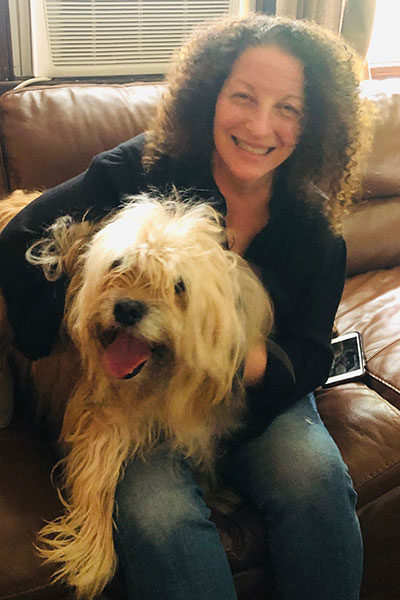 Karen Offitzer
Karen Offitzer
Founder and former Program Director of the MFA in Creative Writing at National University,
Karen Offitzer received her MFA in Creative Writing from the University of Arizona,
and a Masters in Public Administration and Organizational Leadership from New York
University.
Her short fiction and essays have appeared in several literary journals and magazines,
and she has received grants and awards for her short documentary work, most notably
for her short, I Am Not Who You Think I Am, exploring the effect of a year-long free humanities education program on the lives
of those who were homeless and working poor. She currently serves as the Director
of the Undergraduate Filmmaking Program at Stony Brook University.
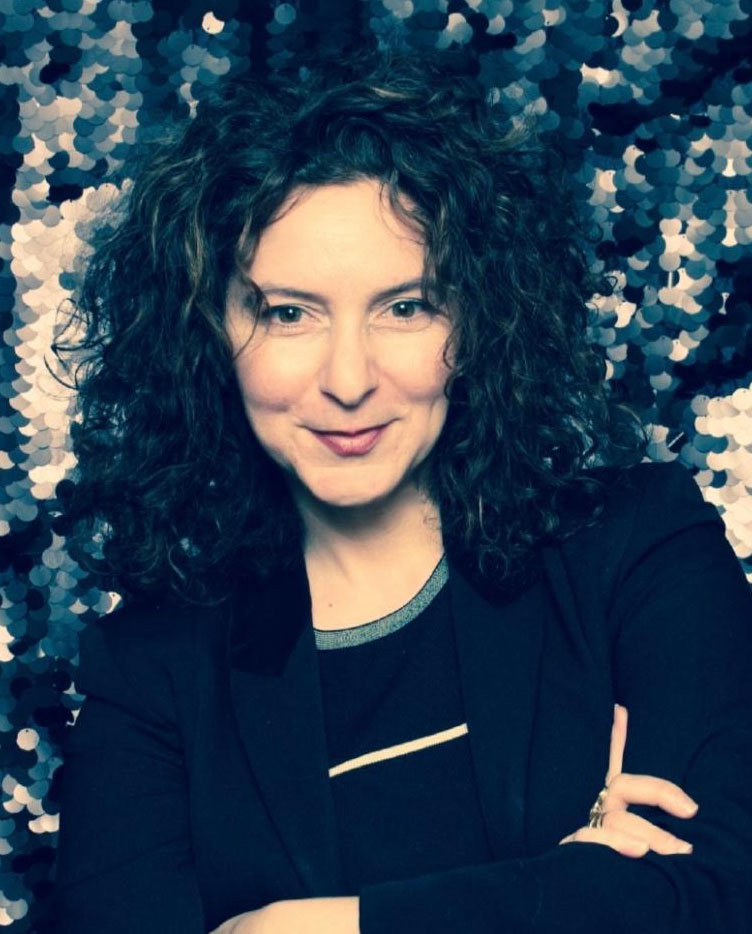 Simone Pero
Simone Pero
Emmy-nominated producer Simone Pero is president and founder of the social impact
film marketing and production company, For Impact Productions. Named by Cynopsis Media
as a 2019 Top Woman in Media in Community Building, she is an active leader in the
media and entertainment industry, currently serving as the Advisory Board Chair of
New York Women in Film & Television, and is a member of the Producers Guild of America,
the Television Academy, and Women Independent Producers.
Pero’s producing portfolio includes a number of visionary projects including The Tale, starring Laura Dern, Ellen Burstyn, and Common distributed by HBO Films and nominated
for 25 awards including two Emmy’s and a Golden Globe and This Changes Everything, the 2019 acclaimed documentary featuring Meryl Streep, Geena Davis and renowned
television producer/writer Shonda Rhimes. Pero is currently in development on a documentary
investigating gender bias on Wall Street, three issue-driven narratives around wildlife
conservation, racial injustice, and workplace discrimination, and is an executive
producer on a soon-to-be released film about Missing and Murdered Indigenous Women.
Pero serves on the faculty at the Stony Brook University Killer Films MFA in Film
program and holds a Master’s degree in Public Affairs and Policy.
- Fellowships
In Fall 2020, we will award a handful of Robert Sklar Diversity Fellowships for incoming
students, particularly to those activist students who can contribute to the diversity
of Stony Brook.
 Join our eight-month immersion into the language of activism, the practice of digital
filmmaking, and the hands-on development of a project designed to effect social change!
Join our eight-month immersion into the language of activism, the practice of digital
filmmaking, and the hands-on development of a project designed to effect social change! Major global events have inspired new film movements since the invention of film,
but it’s a brand new model to see film movements form to inspire the birth of global
protests.
Major global events have inspired new film movements since the invention of film,
but it’s a brand new model to see film movements form to inspire the birth of global
protests.
 Jonathan Brandeis
Jonathan Brandeis Karen Offitzer
Karen Offitzer Simone Pero
Simone Pero